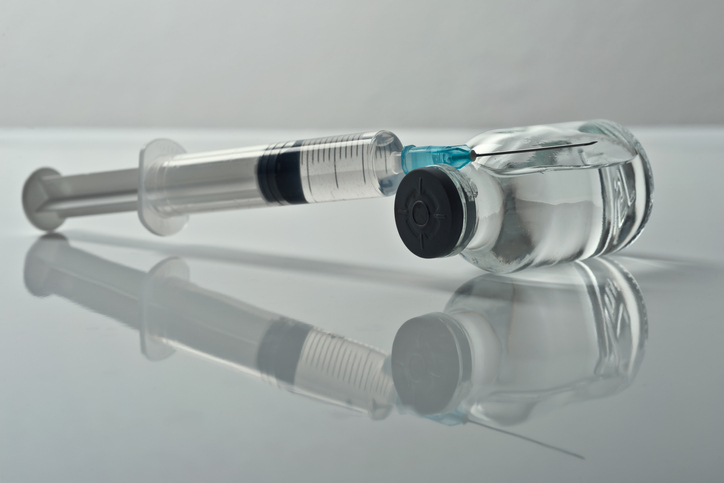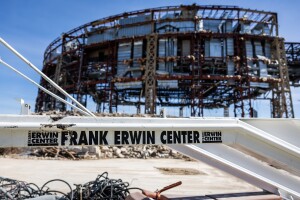BioCryst Pharmaceuticals has announced its acquisition of Astria Therapeutics for approximately $700 million, a strategic move aimed at advancing treatments for hereditary angioedema (HAE), a rare disease characterized by potentially life-threatening swelling attacks. This acquisition positions BioCryst to enhance its portfolio and compete more effectively against larger rivals in the HAE market.
Hereditary angioedema affects patients by causing unpredictable swelling in various body parts, including the airway. Currently, treatment options include injectable drugs administered every two weeks to every two months. BioCryst intends to change this landscape with Astria’s lead asset, navenibart, which could allow patients to receive as few as two injections per year, significantly reducing the treatment burden.
BioCryst, headquartered in Durham, North Carolina, already markets Orladeyo, a once-daily oral medication designed to prevent HAE attacks. This drug works by inhibiting kallikrein, a protein involved in the swelling process. The acquisition of Astria, based in Boston, adds a promising injectable kallikrein inhibitor to BioCryst’s offerings. Navenibart is designed to provide targeted action with a long half-life, permitting less frequent dosing.
Earlier this year, Astria commenced a global Phase 3 clinical trial to evaluate navenibart. The trial will assess the drug’s efficacy with various dosing regimens, including a starting dose of 600 mg followed by 300 mg every three months or every six months. The primary aim is to measure the frequency of HAE attacks during the six-month treatment period, with preliminary results expected in early 2027.
The HAE treatment market is becoming increasingly competitive. Takeda Pharmaceutical currently leads with Takhzyro, an FDA-approved kallikrein inhibitor given via subcutaneous injection every two weeks, although some patients may extend dosing to every four weeks. Recently, two new drugs received FDA approval, providing patients with more choices. CSL Behring’s Andembry, approved in June, is a monthly injection that blocks factor XIIa, while Ionis Pharmaceuticals’ Dawnzera, approved in August, is an antisense oligonucleotide injected monthly or bi-monthly.
BioCryst asserts that the potential for three- or six-month injections of navenibart may position it as the leading injectable therapy for HAE. In an investor presentation, the company highlighted that navenibart has demonstrated the ability to match or exceed the efficacy of existing treatments. Data from navenibart’s Phase 1b/2 trial indicated a remarkable 92% reduction in the HAE attack rate, with an attack-free rate of 50%.
During an October 14 conference call, BioCryst’s Chief Commercial Officer, Charlie Gayer, emphasized that while efficacy is important, patients are seeking less frequent dosing. He noted that the potential for low or no injection-site pain with navenibart could be a decisive factor for patients considering a switch from their current treatments.
Orladeyo, BioCryst’s flagship product, generated $437.6 million in sales last year, with projections estimating $550 million in revenue by 2025, excluding European sales. The company forecasts that its HAE portfolio could reach $1 billion in revenue by 2029, and exceed $1.8 billion by 2033.
In addition to its existing pipeline, BioCryst is advancing BCX17725, a protein drug currently in early-stage development for Netherton syndrome, a rare inflammatory skin disorder lacking FDA-approved treatments. The acquisition of Astria presents BioCryst with an opportunity to bolster its revenue growth as Orladeyo sales plateau.
BioCryst’s CEO, Jon Stonehouse, described navenibart as an ideal complement to the company’s strategy. The acquisition agreement includes a payment of $8.55 in cash and 0.58 shares of BioCryst stock for each share of Astria, valuing Astria at approximately $13 per share—reflecting a 53% premium over its closing price prior to the announcement.
To support this acquisition, BioCryst has secured up to $550 million in debt financing from Blackstone, part of which will be allocated to the cash component of the Astria deal. The transaction, pending regulatory and shareholder approvals, is expected to close in the first quarter of 2026. Following the acquisition, Astria’s CEO, Jill Milne, will join BioCryst’s board, with Astria shareholders expected to hold about 15% of the combined entity.
While Astria’s pipeline includes STAR-0310, an antibody aimed at treating atopic dermatitis, BioCryst plans to explore strategic options for this asset, as it does not align with its focus on rare diseases. Stonehouse remarked on the product’s potential but affirmed the company’s commitment to its core strategy in rare disease therapies.







